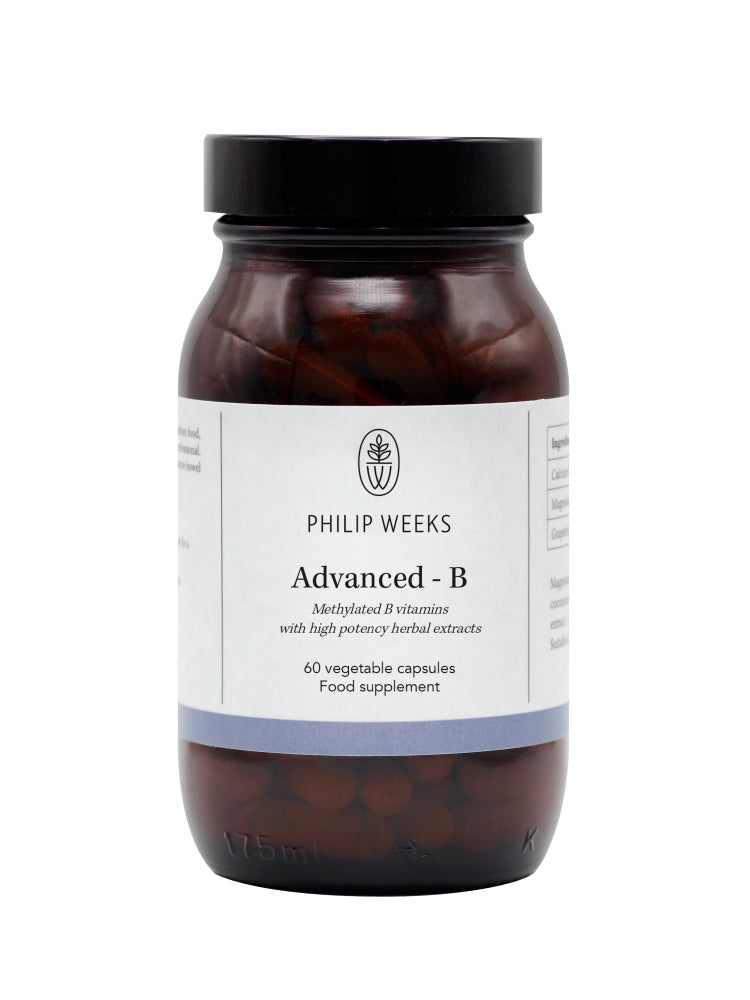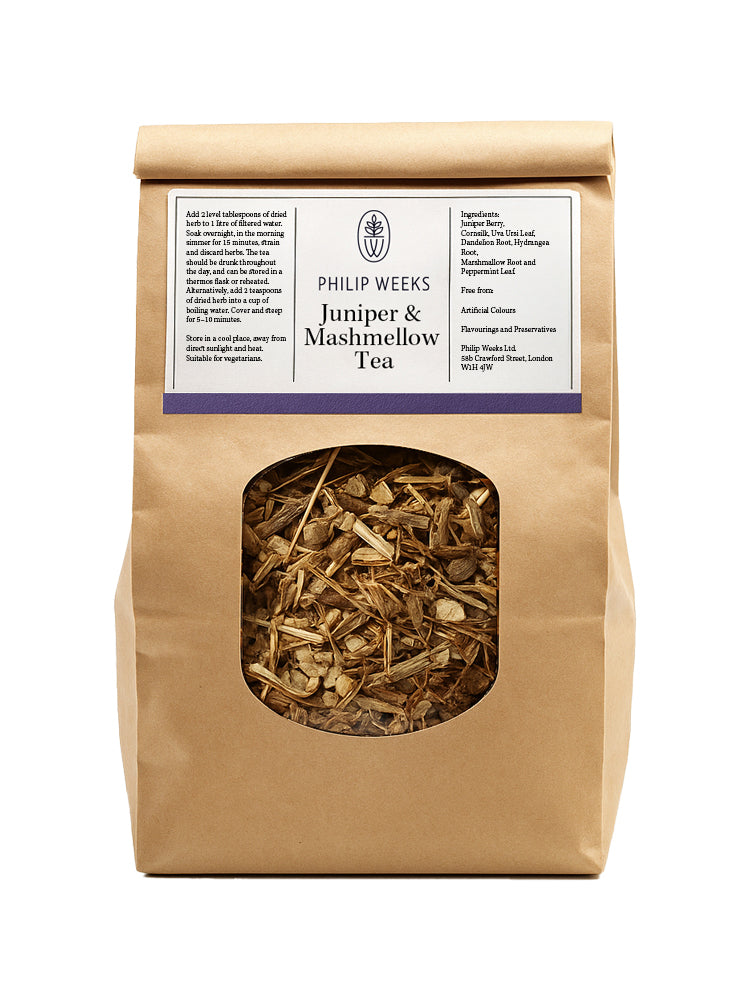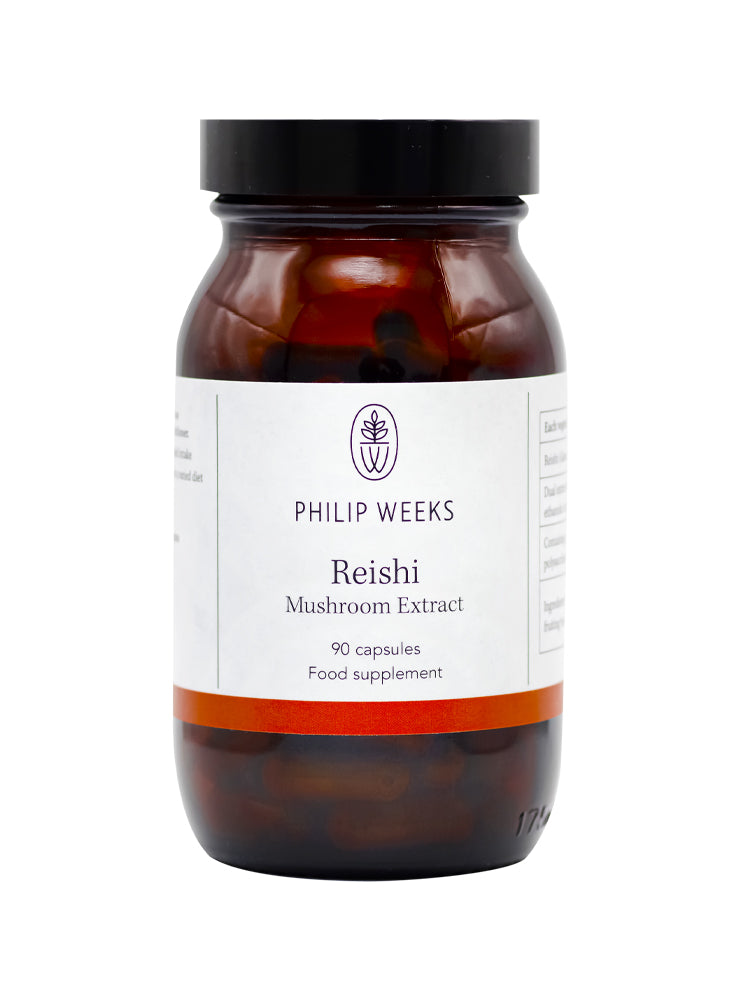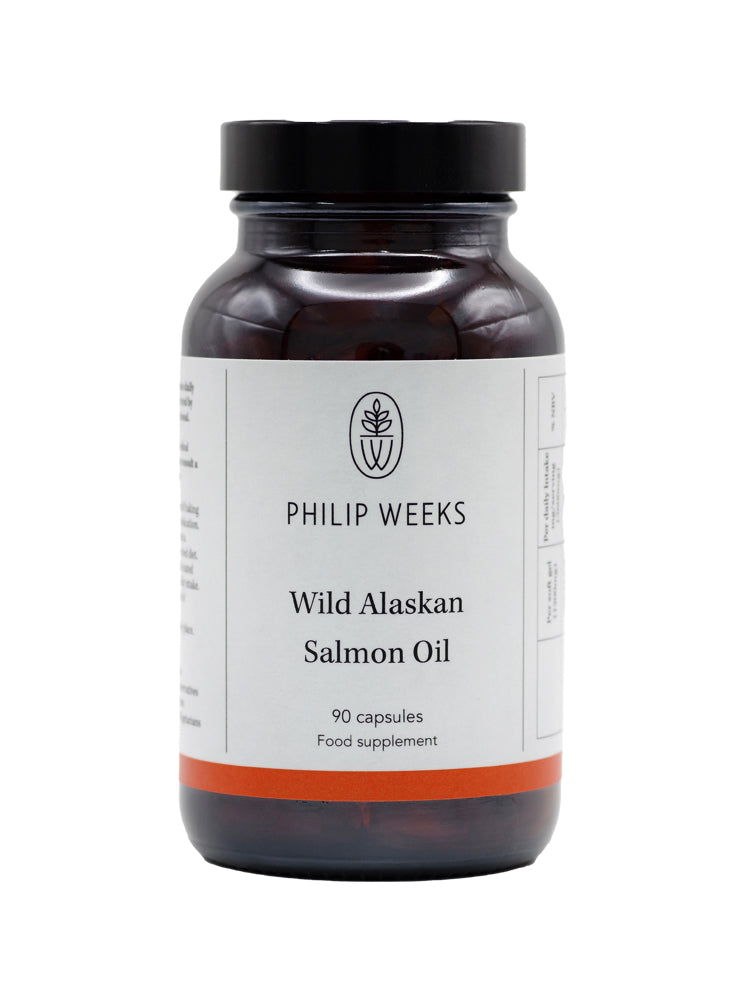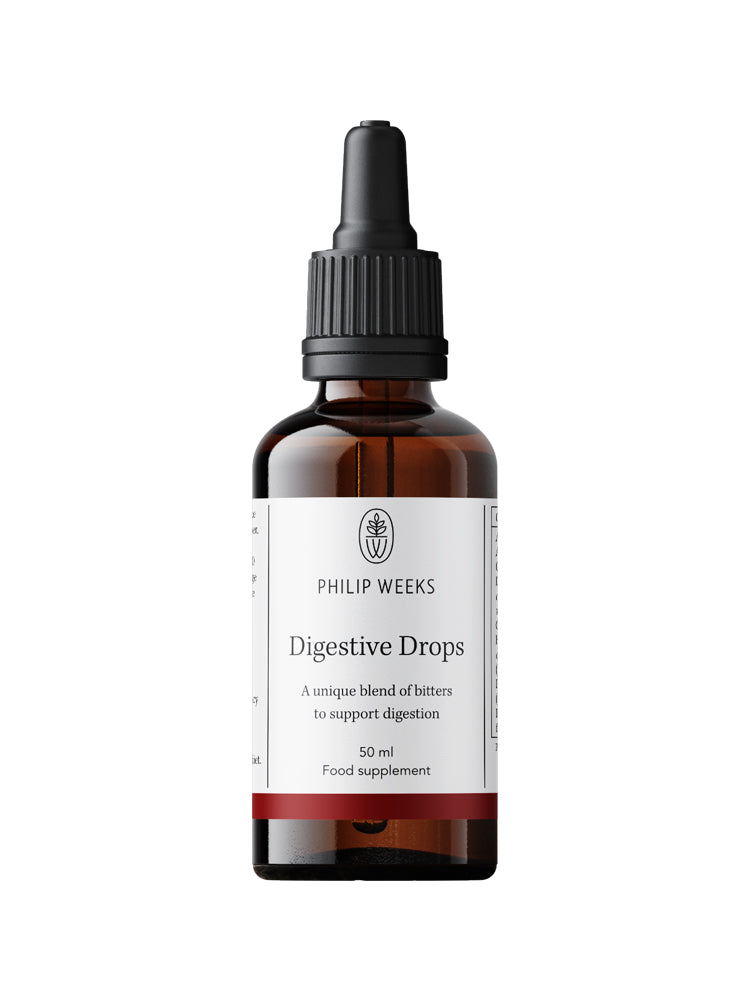Many of us have gone through periods in our life of feeling drained and depleted, with no time to recharge. However, if this goes on for a prolonged period it can set the stage for chronic conditions and illness.
Understanding the Fight or Flight Response
The adrenal glands, two tiny organs positioned atop the kidneys, play a crucial role in our body's functioning. They control various vital actions such as the stress response, weight regulation, blood sugar levels, blood pressure, and immune system function.
In times of danger or perceived threat stress hormones such as adrenaline and cortisol are released into the bloodstream to prepare us for the fight or flight response. While this response is crucial in short bursts, continual high levels of stress hormones such as cortisol can have wide-ranging effects.
There are many triggers that can end up resulting in a chronic stress response. An injury, chronic infections, a change in life circumstances, financial stress, long term relationship conflict, as well as an underlying unresolved emotional issues.
A chronic stress response can manifest in various ways, both obvious and subtle, affecting our overall health daily functioning and wellbeing. A fuller description of the stress response would be ‘fight, flight, freeze and collapse’. Long term stress can result in the ‘Collapse’ phase. Burnout occurs when our stress response system is pushed beyond its limits of resilience.
Recognizing the Signs of Burnout
Stress is more than a mere mental state; it is a chemical process within our bodies. Burnout can also manifest through subtle and insidious symptoms that we might not immediately associate with exhaustion.
8 common manifestations of burnout:
- Fatigue but might be unable to properly rest (tired and wired)
- Digestive problems such as IBS
- Increased infections or injuries.
- Weight gain (particularly around the belly)
- Cravings caffeine, sugar and stimulants
- Chronic inflammation such as aches and pains
- Reduced libido and hormonal imbalances
- Panic attacks and feelings of anxiety, irritability, sadness and overwhelm.
Someone might not have all the above symptoms, but often will have more than a few.
Chronic stress can potentially trigger autoimmune diseases such as Hashimoto's, Crohn's disease, and rheumatoid arthritis, as well as metabolic disorders, high blood pressure, and diabetes.
Prolonged exposure to stress places strain on the body and comprises the circuit connecting the brain and the adrenal glands. The result of this strain reverberates throughout our body and brain. Eventually, our brain signals that it can no longer allow us to continue pushing ourselves relentlessly. It forces us into a state of exhaustion and breakdown, compelling us to hit the brakes and seek respite. The body knows that sometimes rest is essential for recovery.
Escaping Survival Mode
Of course, this is a huge subject and one that we can visit again in future articles. Initially, establishing a sense of safety is an important step. When we are in survival mode getting the basics put in place make a difference.
Restorative habits
Food is essential for survival, and disordered eating patterns create a rollercoaster of blood sugars which is stressful and will mean we can’t come out of ‘emergency mode’.
- Eat on time, ideally the same time each day, try not to eat late at night.
- Reduce refined carbohydrates and sugar.
- Eat more protein, especially for breakfast, but also with each meal, as well as healthy fats such as butter.
- Caffeine is ideally only consumed in the morning. Although some people are more intolerant to caffeine than others. If I have a coffee in the evening, I would be awake all night. I have a friend who can take a midnight expresso and sleep like a baby! There is a genetic test to confirm how you metabolise caffeine which we sometimes run for our patients.
- Sleep hygiene: We usually need 7 to 8 hours of undisturbed sleep. Avoiding bright screens 2 hours before sleep.
- Treatments such as acupuncture can be incredibly useful in discharging stress and encouraging the healing process.
- Exercise can be a very useful way to burn up stress hormones, but it’s easy to overdo it. Tai Chi, Qi gong, yoga and meditation can often be the most restorative.
Supplements
Magnesium is very useful as are B vitamins. Vitamin C is also important for good adrenal function.
Reishi Mushroom
Over the years I have used all kinds of different herbal remedies and ‘tonic’ herbs, to support burnout recovery.
Reishi Mushroom, called 'Lingzhi' that is used in traditional Chinese medicine has been known for thousands of years as the ‘mushroom of immortality’. When I was in China, I saw it in almost every pharmacy.
Reishi is full of powerful compounds which have supportive effects on the whole body :
- Helps the body adapt to stress
- Support healthy immune function
- Improves the GABA pathway in the brain increasing feelings of wellbeing.
- Supports the parasympathetic nervous system which is involved in anxiety.
- Has a balancing effect on stress hormones
It can take a few weeks to kick in and with tonic herbs the longer you take them the better the overall effect.
We follow ancient Chinese medicine principles as our mushrooms are grown on natural tree logs without any chemicals or additives. Upon harvesting, we double extract the mushrooms to create an unusually high potency full spectrum capsule, packed with beta-glucans, triterpenes, and polysaccharides.

If you have a medical condition or taking medication always consult a practitioner before taking any supplementation. The information provided in this article is for informational purposes only and should not be considered medical advice.


